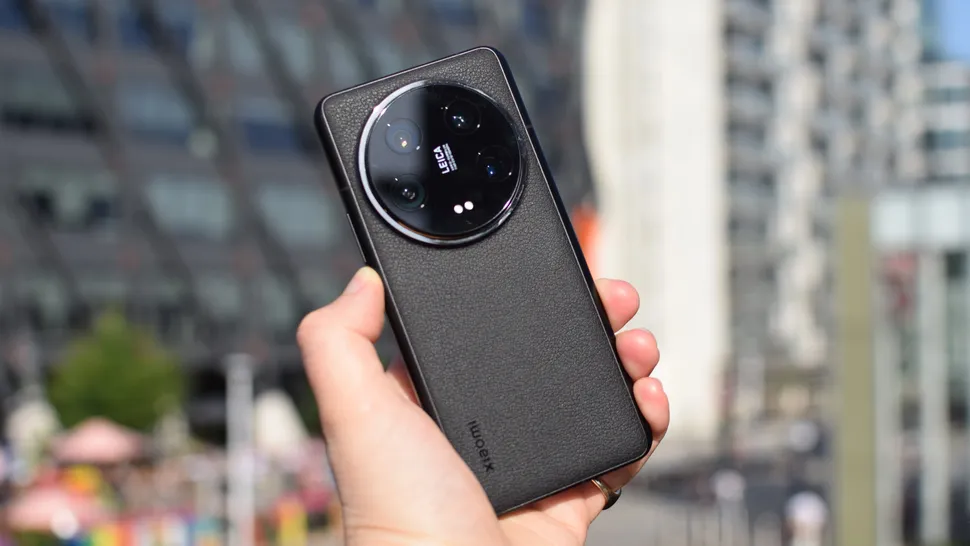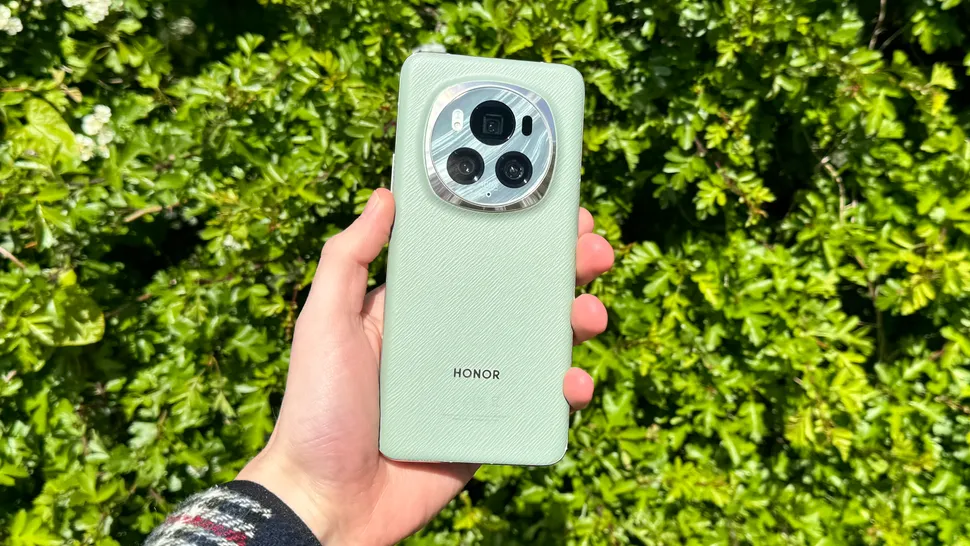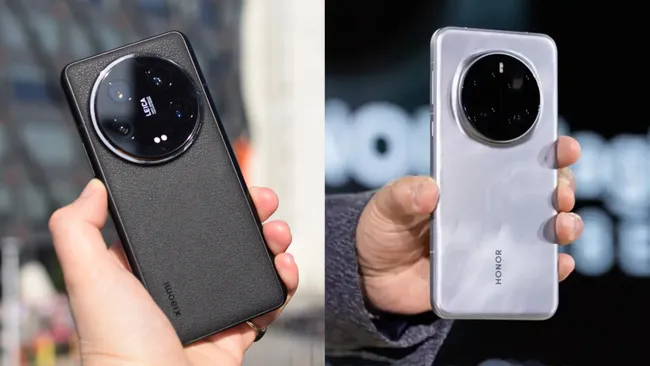Chinese flagship phones Made in China: There are three words that are as common as divisive. Pick up anything mass-produced these days, whether it’s clothing, toys, or electronics, and you’re likely to see this statement on a label or plastic backside.
In the smartphone world, smartphones created by Chinese firms have long been seen as a curiosity – lesser-known phones with remarkable specifications that are frequently inaccessible in western markets.
While it remains difficult to obtain a Chinese flagship phones in the United States, businesses such as Xiaomi and Oppo have made significant progress in either joining or returning to local smartphone markets in the United Kingdom, Australia, and mainland Europe.
Oppo, for example, recently returned to the UK with the Oppo Find X8 Pro, a stunning gadget that rivals the Samsung Galaxy S24 Ultra and iPhone 16 Pro in terms of screen resolution and camera skills.
Xiaomi, too, has a diverse selection of high-end handsets; our ranking of the best Xiaomi phones is now topped by the Xiaomi 14 Ultra, which lives up to its name with a ridiculous quad-camera system centered on a 1-inch sensor.

At the onset of the Chinese smartphone boom, the inspiration for these high-end smartphones was clear. Manufacturers such as Huawei and OnePlus were once known for manufacturing – how to phrase it? – affectionate versions of more popular flagships.
For example, the Huawei Mate 20 Pro, introduced in 2018, was heavily influenced by the iPhone XS in terms of style and software, while the OnePlus 8T, released in 2020, bore a striking resemblance to the Samsung Galaxy S20.
This proved to be a sustainable and profitable business strategy, as these Chinese brands were able to undercut the competition by considerable margins, providing consumers with iPhone- and Samsung-rivaling goods at more affordable costs. For the most part, this view applies to the mid-range models supplied by these businesses.
However, with the smartphone industry’s transition to tiered flagship families, high-end Chinese mobile manufacturers appear to have a different aim in mind: surpassing Western competitors.
Better products, bigger prices

The Xiaomi 14 Ultra, for example, costs £1,299 (about $1,650) – more than the most expensive slab phone available globally, the Samsung Galaxy S24 Ultra, which starts at $1,299 / £1,249 / AUD$2,199.
While other makers aren’t pushing the edge as much as Xiaomi, phones like the Oppo Find X8 Pro (£1,050 / AU$1,799) and Honor Magic 6 Pro (£1,099) are still on par with or more expensive than premium flagships from Apple, Google, and Samsung.
The modus operandi for Chinese flagship challengers has changed: where previously these companies sought to offer comparable performance at cheaper prices, now they’re focused on delivering better performance at bigger prices.
Keep in mind that the rumored Oppo Find X8 Ultra is yet to be shown, and it will undoubtedly be more expensive than the Pro.
Similarly, while the globally accessible OnePlus 12 outperforms the iPhone 16, Samsung Galaxy S24, and Google Pixel 9 in many ways, it also matches them all in price at $799 / £849; last year’s OnePlus 11 was significantly cheaper, at $699 / £729 / AU$1,199.
This is to suggest that the strategy for Chinese flagship challengers has shifted: instead of offering equivalent performance at lower prices, these businesses are now focusing on delivering better performance for higher prices.
Of course, Xiaomi, OnePlus, and Honor are fully within their rights to change their methods in this way; after all, they manufacture high-quality devices. However, from a consumer standpoint, the days of getting a flagship-level phone for a mid-range price may be coming to an end.
So, if you want a powerful phone, don’t mind running Android, and aren’t particularly devoted to a major brand, it might be a good idea to get a high-powered Chinese phone before the de facto discounts evaporate completely.
Check out our phone coverage for more information on the most recent smartphones from around the world, including the tri-folding Huawei Mate XT. And if you need specialized guidance on the best Chinese phones, check out our lists of the best Xiaomi phones, and best OnePlus phones.


